The NC Business Council's (NCBC) Board of Directors would like to thank every business member who engaged in our recent efforts to educate and voice our concerns to legislators regarding the proposed constitutional amendment to cap income tax rates.
YOU MADE A DIFFERENCE! While Senate Bill 75 was approved by the NC General Assembly during the last week of June, it was modified from its originally-proposed income tax cap of 5.5% to 7%, thanks, in great part, to the voices of our state’s valuable business leaders. This constitutional amendment is now scheduled appear on the November ballot for voters' consideration. (Election day is Nov. 6, with One-Stop Early Voting beginning in mid-October.)
While the change is an improvement, NCBC - a non-partisan, business association - still has major concerns about the 7% cap. During a legislative committee meeting, a number of House members predicted that lowering the cap from its current 10% rate could force legislators and local governments to increase sales taxes and or eliminate state and local tax exemptions to cover the rising costs of public services, education and weather-related disasters. These concerns - and the emails and phone calls made by business leaders - resulted in the NC House of Representatives backing a more cautious approach via the 7% cap.
However, there is still much more work to do to educate voters before the November election!
Why should NC businesses care?: Simple - there is no need to amend North Carolina's state constitution, which already caps the income tax rate at 10%. Furthermore, NC's state legislators in recent years have reduced the income tax rate to its current levels of 3% for corporations and 5.499% for individuals, and both are slated to drop again in 2019.
We can also look at other states that have lowered its cap on income tax rates, and most importantly, learn from their mistakes that resulted in unnecessary economic struggles. For example, Georgia capped its income tax rate in its constitution in 2014 at 6%. Now there is concern how the cap will really impact everyday taxpayers. (Read more.) The tax cap has had wide-ranging consequences for Coloradans. In the TABOR era, state tax rates have gone down, but fees have increased, shifting a higher share of the cost of public services to low- and middle-income residents. Meanwhile, the state seems to lurch from one funding crisis to the next. (Read more.)
A lower revenue cap, such as SB75, could cripple our state’s economy, cause local sales and property taxes to increase, and tie the hands of legislators who need flexibility to respond, if or when, an economic downturn or natural disaster occurs in North Carolina.
If consumers are forced to spend more on sales taxes and other state and local excise taxes, then that means there will be less disposable income for North Carolinians to spend on the goods and services that your business provides. That leads to fewer new jobs and ultimately a downward economic cycle.
NCBC needs your voice and continued involvement to help educate our leaders! Join Today!
Let us know how you would like to participate in upcoming awareness events to help inform other business leaders about the economic dangers of permanent tax cap.

